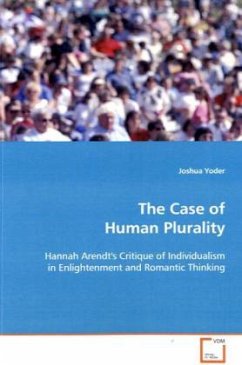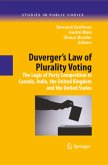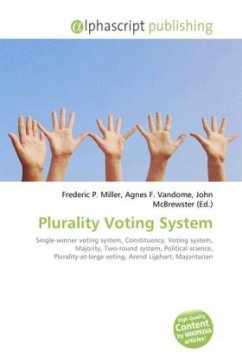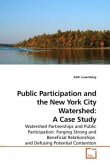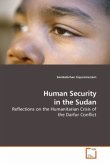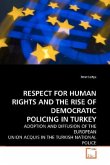In looking for an answer to the utter disregard for
human life she witnessed during the Holocaust, Hannah
Arendt found herself drawn to the ideas of
individualism developed in Enlightenment and Romantic
thinking. She wanted to understand how these ideas
might have contributed to the problems she saw for
modern society and politics. Ultimately, she
rejected the Enlightenment concept of an abstract man
because she saw it as nothing more than a phantom
concept, with no basis in reality. But she also
rejected the notion of an introspective self found in
Romantic thought, where reality is given meaning only
through self-consciousness. At the center of
Arendt's thought is the idea that human beings exist
as a plurality, that we exist together with each
other and not just as a groups of individuals. She
accuses the twin concepts of an abstract man and
introspective self of trying to replace human
plurality with radical individualism. For Arendt,
such thinking is detrimental to the very foundation
of politics. Politics cannot exist, she argues,
without human plurality. Arendt wants to rescue the
notion of human plurality and elevate it to a primal
position in Western thought.
human life she witnessed during the Holocaust, Hannah
Arendt found herself drawn to the ideas of
individualism developed in Enlightenment and Romantic
thinking. She wanted to understand how these ideas
might have contributed to the problems she saw for
modern society and politics. Ultimately, she
rejected the Enlightenment concept of an abstract man
because she saw it as nothing more than a phantom
concept, with no basis in reality. But she also
rejected the notion of an introspective self found in
Romantic thought, where reality is given meaning only
through self-consciousness. At the center of
Arendt's thought is the idea that human beings exist
as a plurality, that we exist together with each
other and not just as a groups of individuals. She
accuses the twin concepts of an abstract man and
introspective self of trying to replace human
plurality with radical individualism. For Arendt,
such thinking is detrimental to the very foundation
of politics. Politics cannot exist, she argues,
without human plurality. Arendt wants to rescue the
notion of human plurality and elevate it to a primal
position in Western thought.

